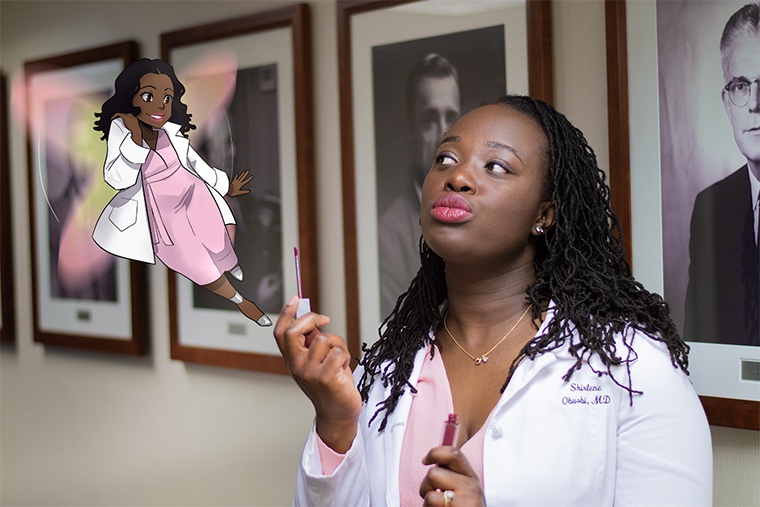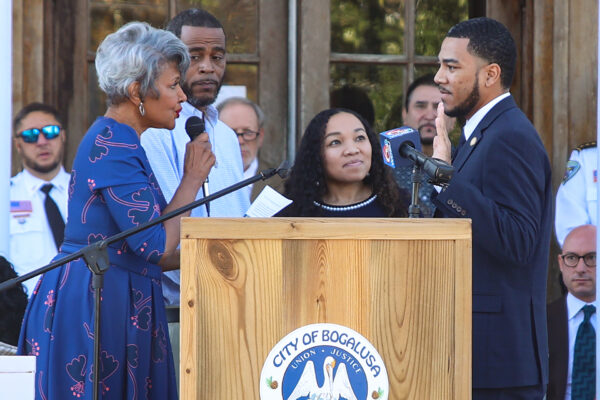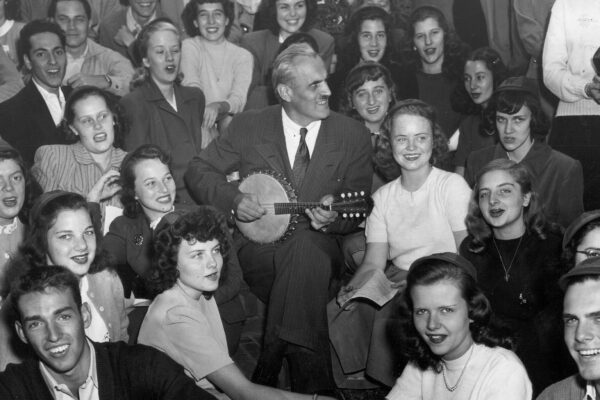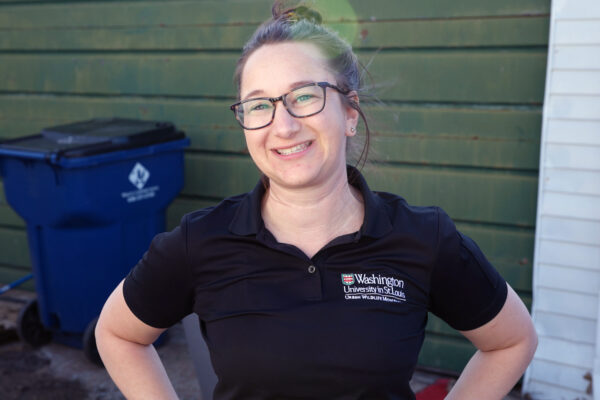As a little girl, Shirlene Obuobi, MD, AB ’14, watched her mom work as a physician. Today, Obuobi is a cardiology fellow and an artist, and she is using her art to survive and thrive in a fulfilling, yet sometimes challenging, career.
Obuobi’s comic illustrations, for example, help her express the challenges she faces as a Black woman physician, and they’ve garnered her a large following online. Further, her writing, especially in her debut novel, has turned the page on her creativity and her ability to resonate with medical students that look like her.
“I always felt that when I was looking for books about people like me, Black women, specifically darker skinned women, I only saw them in the context of literary fiction, and almost always in the context of suffering,” Obuobi says. “I was like, ‘What about the ones where we’re just living?’”

Obuobi has been writing since she was a child, self-publishing a book in high school. However, sharing her stories openly with others is only a recent practice. She began writing her debut novel, On Rotation, while in medical school at the University of Chicago.
A self-taught writer and artist, Obuobi made time to write around her busy schedule. She completed the novel during the pandemic and published it in 2022. It tells the story of Angela (Angie) Appiah, a Ghanaian American medical student confronting the choice to honor her parent’s plans for her life or her own. Angie is shown as a complete person, from her defining experiences while on rotation in the hospital to her complicated love life.
“The world doesn’t think we’re relatable, and we don’t think we’re relatable because we have not gotten the chance to absorb media about us where we’re just being human,” Obuobi says.
Through the power of representation, Obuobi inspires women to create their own path. “It’s one of the things that keeps me going,” she says. “I have a favorite file of ‘DMs’ that I refer to, full of young women of color who wrote, ‘I didn’t know this was possible.’ It’s a driving force for me to keep going and for me to keep myself out there.”
Obuobi was able to see what was possible for her future from a young age. Her mom was a pediatrician, often serving underserved communities. “My mom is a very blunt, hard-working woman, and she’s very clear in her vision,” Obuobi says. “My father has always supported her ambition in a lot of ways and having that as my model for womanhood was really important for me.”
Her family moved from Ghana to the U.S. when she was 6 and settled in the town of Hinsdale, Illinois, outside of Chicago. She moved a few more times during her childhood before attending WashU, where she served as a resident adviser, met other students on a similar path to her own and started the Kapow Comic Club.
At the encouragement of a friend, Obuobi began sharing her comics on Instagram as @ShirlyWhirlMD. On the platform, she presents heavy topics, such as institutionalized racism and access to insurance, in a palatable way.
“When I first started ShirlyWhirl, it was just a way to express myself,” Obuobi says. “It was a way for me to process what I was seeing and learning through art. As time went on, my comics began to cover a wide breadth of topics. By using comics to broach these topics, I made them more approachable for a lot of people.”
Her comics give voice to the inner thoughts that doctors and patients may want to share, but are often unable to, as validated by her Instagram comment section.
As a second-year cardiology fellow, Obuobi is committed to keeping Black women in medicine at the forefront of her work. She also addresses the medical system in a monthly column and comic for the Well+Being desk at The Washington Post.
“I think that my following has grown because people can connect to it and feel more emboldened and empowered to continue those conversations,” she says.



